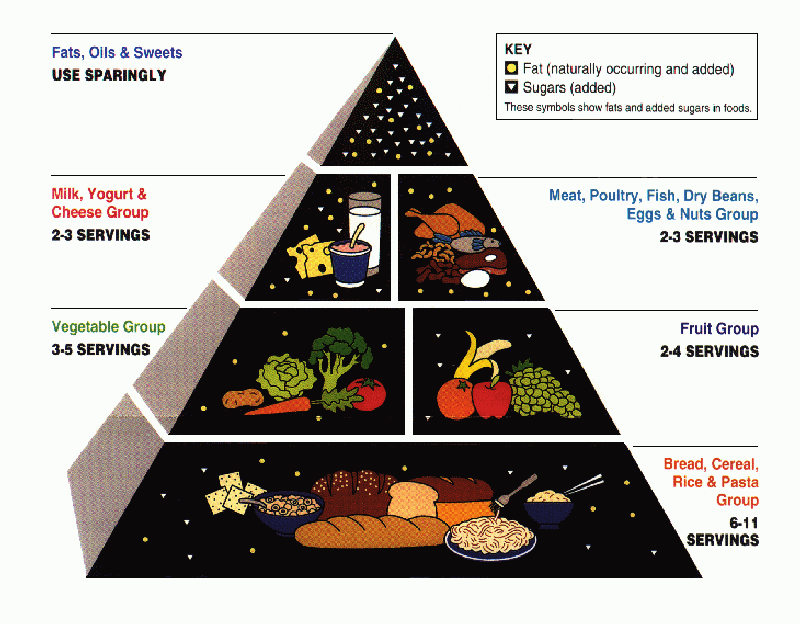MDPV_Psychosis
Bluelighter
- Joined
- Sep 15, 2006
- Messages
- 2,242
It's some of both. It isn't psychoactive, but it can be addictive. It also does have strong affects on the body, and the reason why it is addictive is due to the changes in metabolism/non-psychological functions. The body can simply begin to crave it, and one can become psychologically addicted to sweets and fatty foods. However, it's not psychoactive. The addiction is purely the psychological craving for the sweet taste combined with the metabolic aspects which can drive people to seek out unhealthy foods. However, the whole "sugar high" thing is a myth that's often used to erroneously explain misbehaved kids with no evidence behind it. It's sort of similar to the myth that the full moon causes people to "go crazy". Something that people say without there being any scientific evidence behind it. But it certainly isn't good for you and in my experience eating healthy (during the times that I do) actually does cause you to feel better.
Do you have kids? Have you ever given a kid, whom doesn't usually consume sugar, a sudden large dose like a candy bar for instance? Try it sometime and report back...


